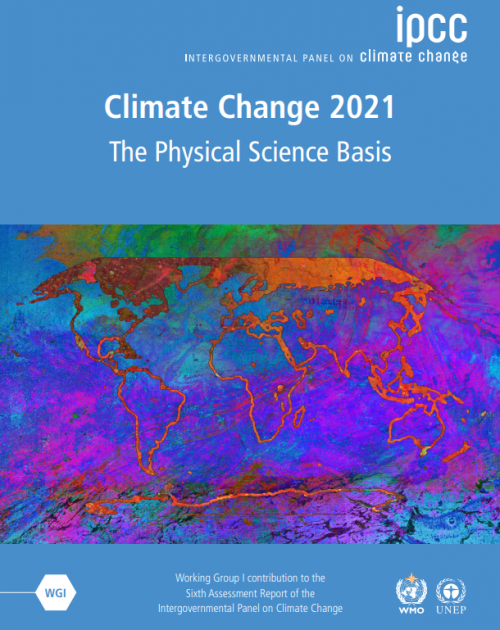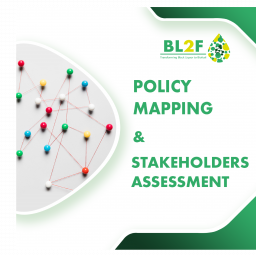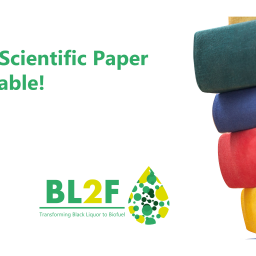
THE INTERGOVERNMENTAL PANEL ON CLIMATE CHANGE (IPCC) HAS PUBLISHED THE 6TH ASSESSMENT REPORT
The Intergovernmental Panel on Climate Change (IPCC) is the United Nations body for assessing the science related to climate change and provides policymakers with scientific assessments on climate change, its implications and potential future risks. They also provide options for adaptation and mitigation.

Changing by the artist Alisa Singer taken from the IPCC website
Assessment Report
The IPCC produces reports on climate change in cycles and this version is a summary of the assessment during the sixth cycle. According to the IPCC website:
“The Synthesis Report of the Sixth Assessment Report (AR6) provides an overview of the state of knowledge on the science of climate change, emphasizing new results since the publication of the Fifth Assessment Report (AR5) in 2014.”
See the video below for a summary of the IPCC and Assessment Reports:
Resources
On the website https://www.ipcc.ch/report/ar6/wg1/ you can find different resources to help interpret the assessment including regional fact sheets, summary for policymakers and access to the data used.
Screenshot of the Sixth Assessment Report cover page
Some findings and conclusions
Global surface temperature will continue to increase until at least the mid-century under all emissions scenarios considered. Global warming of 1.5°C and 2°C will be exceeded during the 21st century unless deep reductions in carbon dioxide (CO2) and other greenhouse gas emissions occur in the coming decades…
From a physical science perspective, limiting human-induced global warming to a specific level requires limiting cumulative CO2 emissions, reaching at least net zero CO2 emissions, along with strong reductions in other greenhouse gas emissions. Strong, rapid and sustained reductions in CH4 emissions would also limit the warming effect resulting from declining aerosol pollution and would improve air quality.
IPCC Headline Statements from the Summary for Policymakers







